Difference between Humus and Compost???
chueh
12 years ago
Related Stories

GARDENING GUIDESGet on a Composting Kick (Hello, Free Fertilizer!)
Quit shelling out for pricey substitutes that aren’t even as good. Here’s how to give your soil the best while lightening your trash load
Full Story
MOST POPULAR8 Little Remodeling Touches That Make a Big Difference
Make your life easier while making your home nicer, with these design details you'll really appreciate
Full Story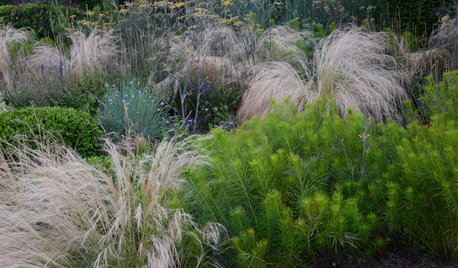
GARDENING GUIDES4 Ways to Break the Rules in Your Garden
For a more creative landscape design, take a different approach to planting
Full Story
GARDENING GUIDESHouzz TV: Make a Worm Bin for Rich Soil and Happy Plants
A worm-powered compost bin that can fit under a sink turns food scraps into a powerful amendment for your garden. Here’s how to make one
Full Story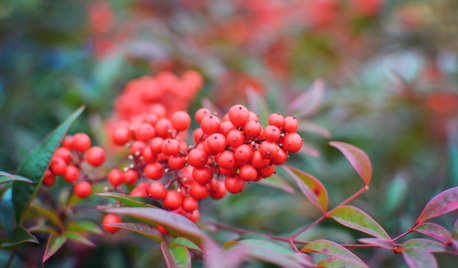
GARDENING GUIDESMid-Atlantic Gardener's January Checklist
Scatter berries while ye may, be kind to your fair-feathered friends and try a time-saving compost trick that will keep you out of the cold
Full Story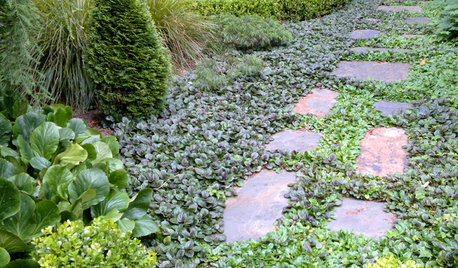
GROUND COVERSGround Force: 10 Top Ground Covers for Your Garden
Protect your soil from weeds and drought this summer with a living mulch of ground covers
Full Story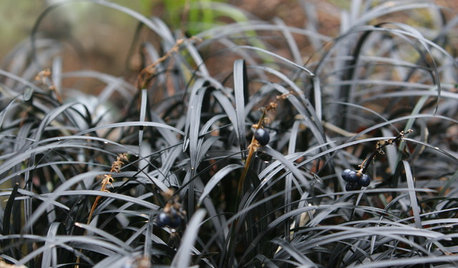
GARDENING GUIDESGreat Design Plant: Black Mondo Grass
Skip the mall and spend Black Friday planting this unusual low-maintenance grass
Full Story
HOUZZ TOURSHouzz Tour: For the Love of a Cat in Philadelphia
Pet-friendly features integrated into a mod, eclectic and colorful home mean everyone in the family is happy
Full Story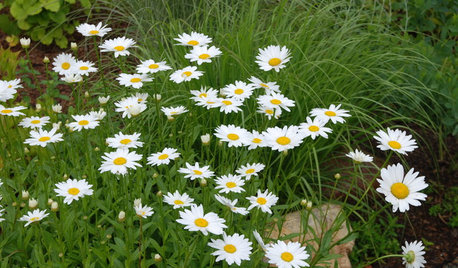
FLOWERSBest Cutting-Garden Beauties for Late Summer
Pick blooms bursting with color or in classic white for bouquets to give away or keep all to yourself
Full Story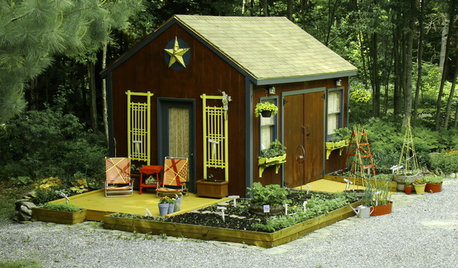
GARDENING AND LANDSCAPINGDig This Garden Shed Makeover for Less Than $300
New paint, accessories and raised vegetable beds turn a drab outpost into a colorful charmer
Full StoryMore Discussions







robertz6
dogwind
Related Professionals
Camas Landscape Architects & Landscape Designers · Carson Landscape Architects & Landscape Designers · Rancho Palos Verdes Landscape Architects & Landscape Designers · Suffern Landscape Architects & Landscape Designers · Avocado Heights Landscape Contractors · Bridgeport Landscape Contractors · Commack Landscape Contractors · East Patchogue Landscape Contractors · Lemoore Landscape Contractors · Natick Landscape Contractors · Setauket-East Setauket Landscape Contractors · West Covina Landscape Contractors · Fredericksburg Decks, Patios & Outdoor Enclosures · Fort Worth Decks, Patios & Outdoor Enclosures · Somerville Decks, Patios & Outdoor Enclosuresjonhughes
chuehOriginal Author
Lloyd
Kimmsr
bluegoat_gw
zuni
Kimmsr
gargwarb
Lloyd